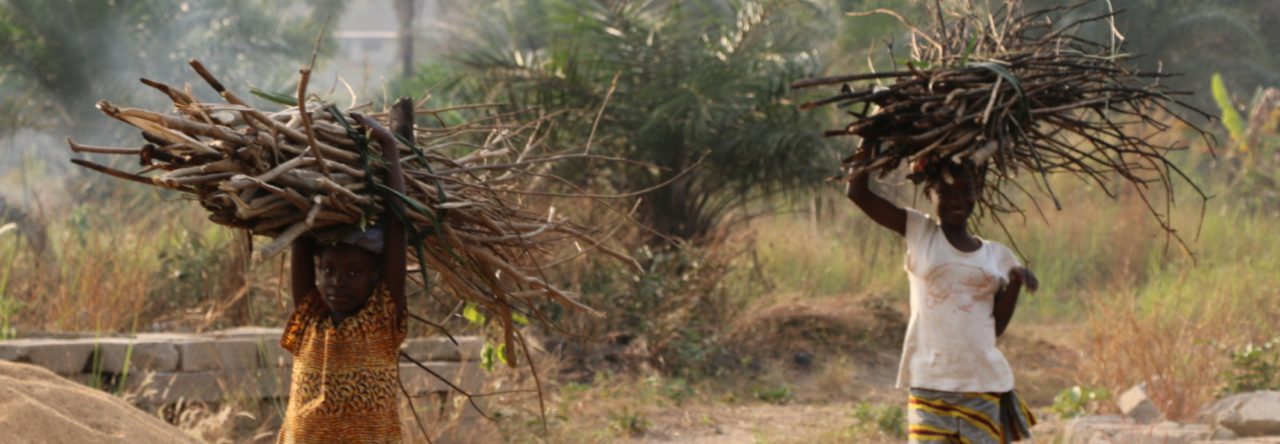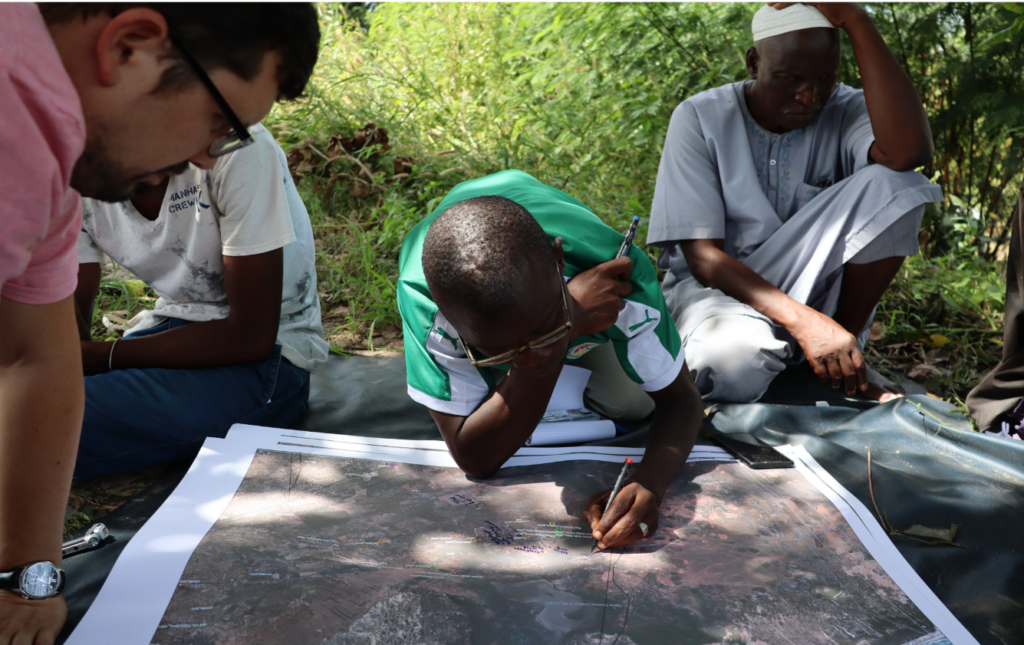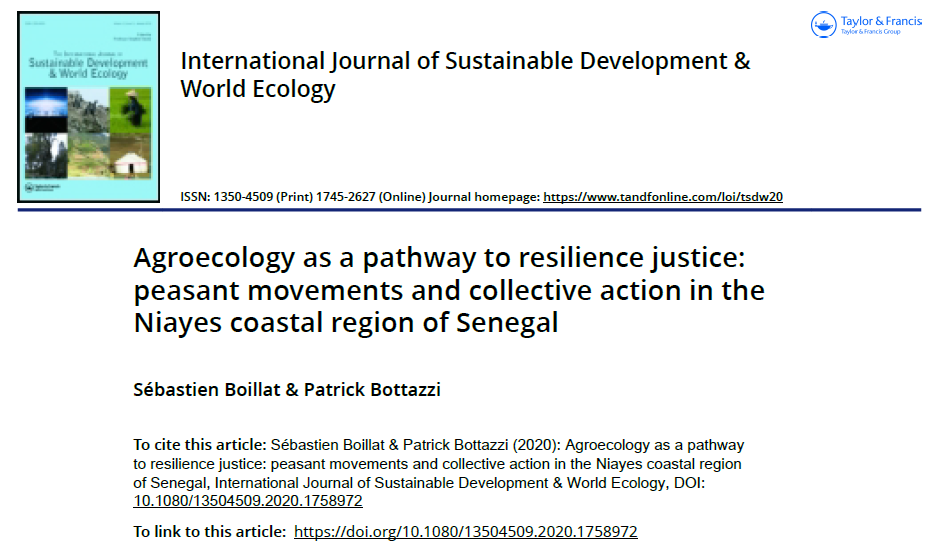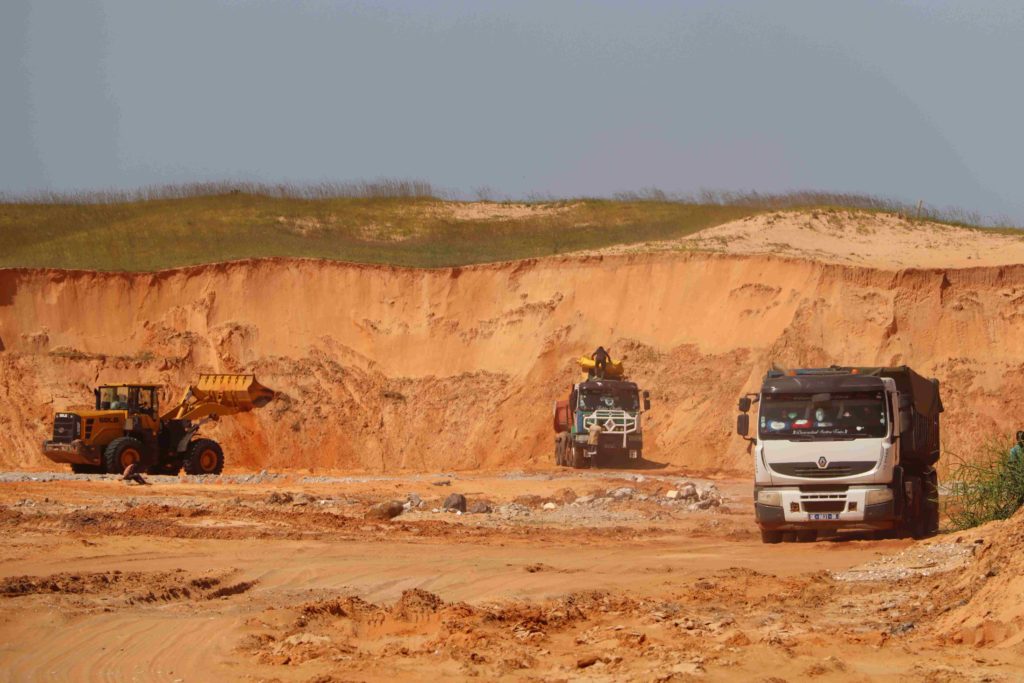
Engaging with normative questions in land system science is a key challenge. This debate paper highlights the potential of incorporating elements of environmental justice scholarship into the evolving telecoupling framework that focuses on distant interactions in land systems. We first expose the reasons why environmental justice matters in understanding telecoupled systems, and the relevant approaches suited to mainstream environmental justice into telecoupled contexts. We then explore which specific elements of environmental justice need to be incorporated into telecoupling research. We focus on 1) the distribution of social-ecological burdens and benefits across distances, 2) power and justice issues in governing distantly tied systems, and 3) recognition issues in information flows, framings and discourses across distances. We conclude our paper highlighting key mechanisms to address injustices in telecoupled land systems.
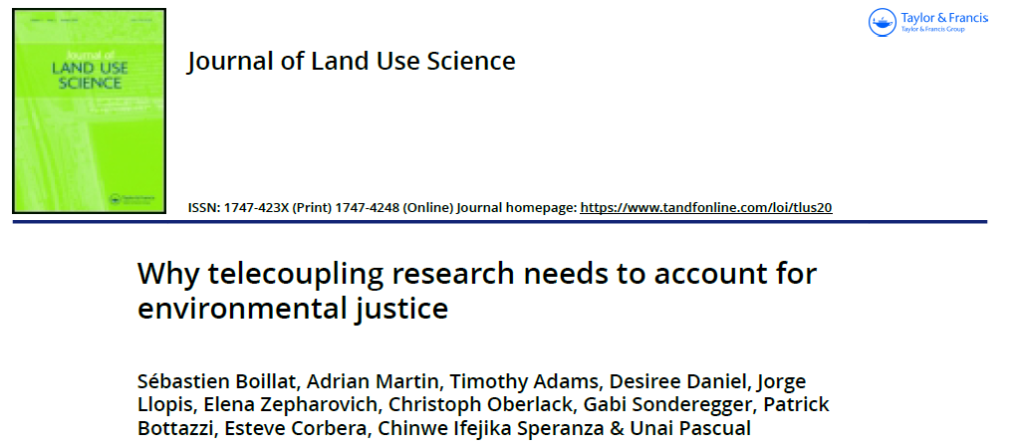
https://www.tandfonline.com/doi/full/10.1080/1747423X.2020.1737257
![]()
